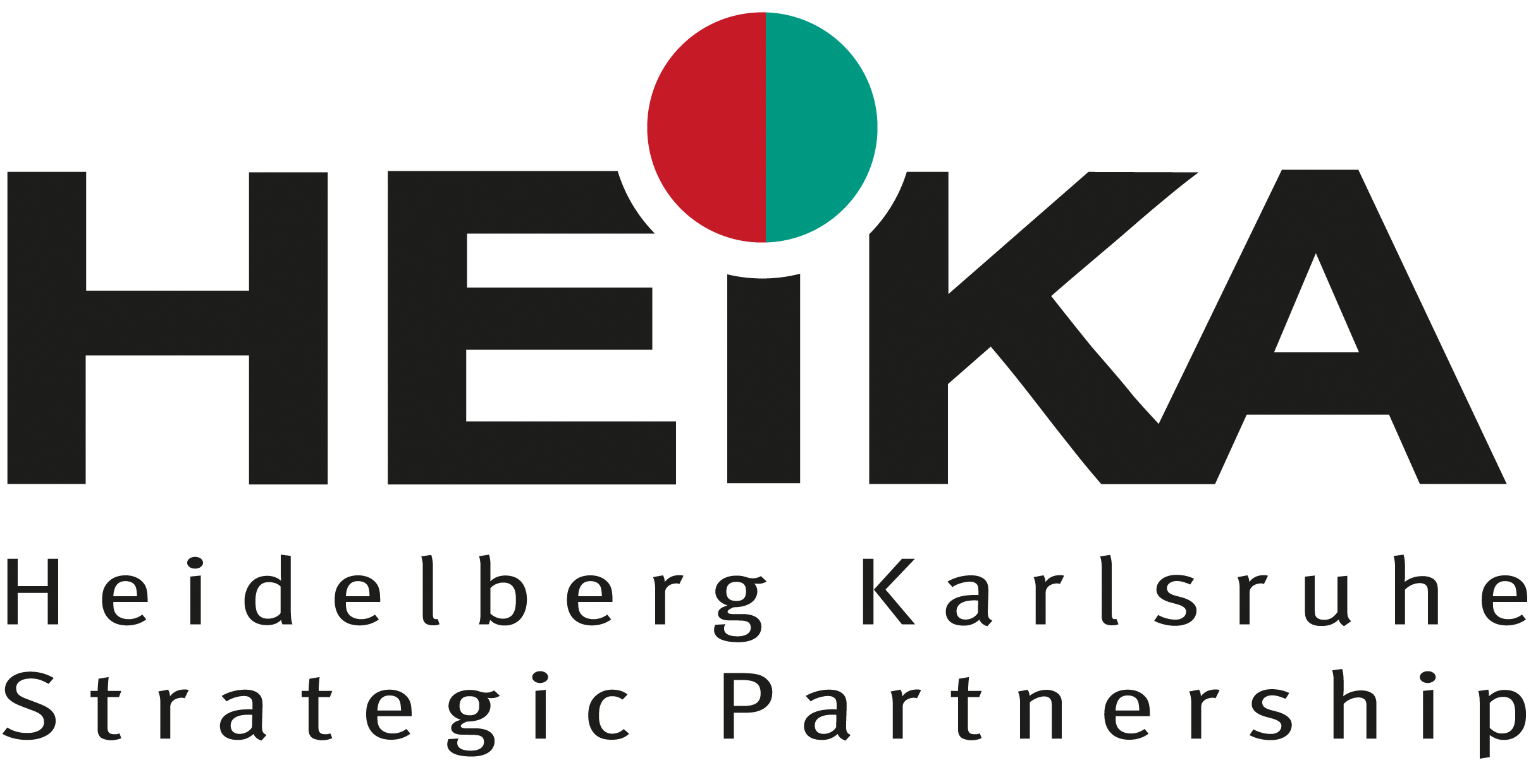It is well established that human pluripotent stem cells undergo apoptosis unless making colonies. Tanaka et al. recently reported that the adhesiveness of human induced pluripotent stem (hiPS) cells to the surrounding environment critically regulates their functions, but the screening of adhesiveness for the control of lineage-specific differentiation is still challenging. The overarching goal of the HEiKA project is to establish a high throughput microfluidic platform CELL CLINIC for human induced pluripotent stem (hiPS) cells by uniting the expertise of a microsystem engineer (Badilita, KIT) and a biophysicist (Tanaka, HD).
Tailor made bio-polymer µ-arrays on a chip:
The uniqueness of our approach is the ability to fabricate µ-arrays of 3D bio-polymer with tunable adhesiveness by electrodeposition of chitosan derivatives on individually accessible µ-electrodes integrated in a microfluidic device developed by Badilita et al. [Badilita2019a]. Badilita et al. also recently reported synthesis of carbon composites from electrodeposited chitosan precursor for various sensing applications [Badilita2020a].
Correlative analytical platform:
In this project we will take the following three approaches:
- quantification of cell adhesion strength by morphometric analysis and atomic force microscopy (Tanaka),
- electrochemical monitoring of colony forming capability by cyclic voltammetry and impedance spectroscopy (Tanaka), and
- assessment of metabolic functions using µ-NMR [Badilita2019] (Badilita).
As Tanaka also has a track record in X-ray imaging [Tanaka2020a], we plan to apply for a DFG project to integrate our CELL CLINIC into KORREL Lab (IMT/KIT) for correlative NMR & X-ray measurements.

